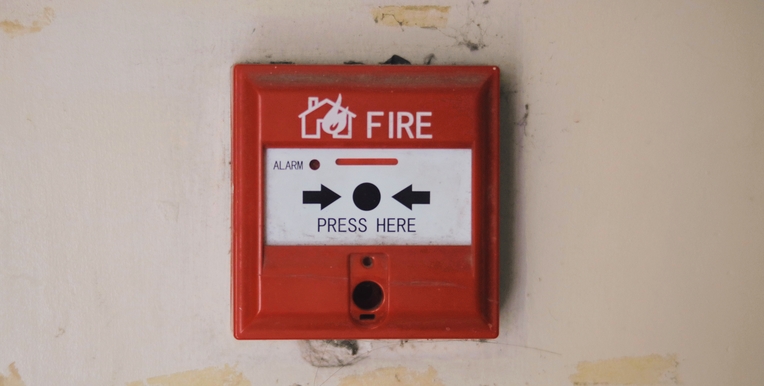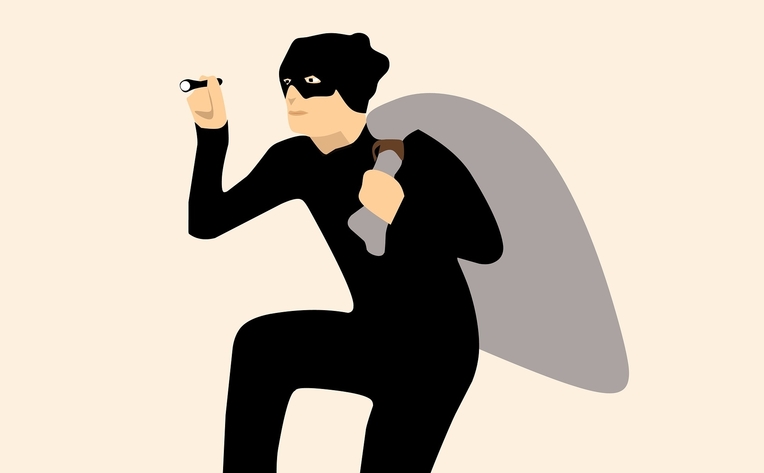
'Fire!' is never a word you want to hear yelled, no matter where you are. Car fires, house fires, chimney fires...any type of fire is never good news.
Fortunately, statistics can help us to understand where fire safety measures are working and what may still need to change. Statistics can be exceptionally useful when combined with contextual understanding of the times, which can give us deeper insight into why the numbers change - or stay the same - as years pass.
If you're interested in finding out more about fire incident statistics in Wales, and what they tell us about how we can better protect ourselves from fire-related incidents, read on.
More...

Unfortunately, no one is immune from being the victim of a burglary, whether domestic or a business, if you have anything of value you may be a target. There are steps you can take to try and reduce the risk of being a victim of burglary, but first, let’s take a look at exactly how burglary affects businesses here in the UK.
The UK Government publishes annual statistics on crimes against businesses; the statistics from 2021 contain some pretty interesting data.
Here are some of the key findings:
More...
.jpg)
The question of ‘how quickly does a building fire spread?’ is a pretty relative question, and it’s definitely dependent on certain factors within the building itself, such as the presence of flammable materials and the number of fire safety protections currently in place.
In the ‘average building’, the speed at which a small spark or ignition point can flare up into a fast-moving inferno is only 30 seconds.
More...

CCTV is a great way to protect your property against all manner of invaders, whether they be vandals, thieves, or trespassers. CCTV works to protect your property in a number of ways; it discourages invaders from attempting to come onto your property, it can serve as evidence if an event does occur, and it gives you peace of mind as you know that you’re well protected.
Depending on what CCTV system you have installed, how many cameras you have, and how much space you’re covering, the retention of all this footage could take up a lot of storage space. As such, it’s routine for places with CCTV systems to periodically dispose of old footage to make room for new footage, quite often automatically or on a timer.
More...

Security might not be the first thing you associate with construction sites, but they often contain a lot of valuable equipment. Between the machinery, equipment, and tools, a lot of expensive gear goes unattended overnight.
There are also a lot of health and safety regulations that must be adhered to when working on construction sites for the safety and wellbeing of all those who work there. Any trespassers on the site could potentially tamper with the safety systems and precautions in place to keep people safe.
So, are there any security systems for construction sites? Read on to find out
More...